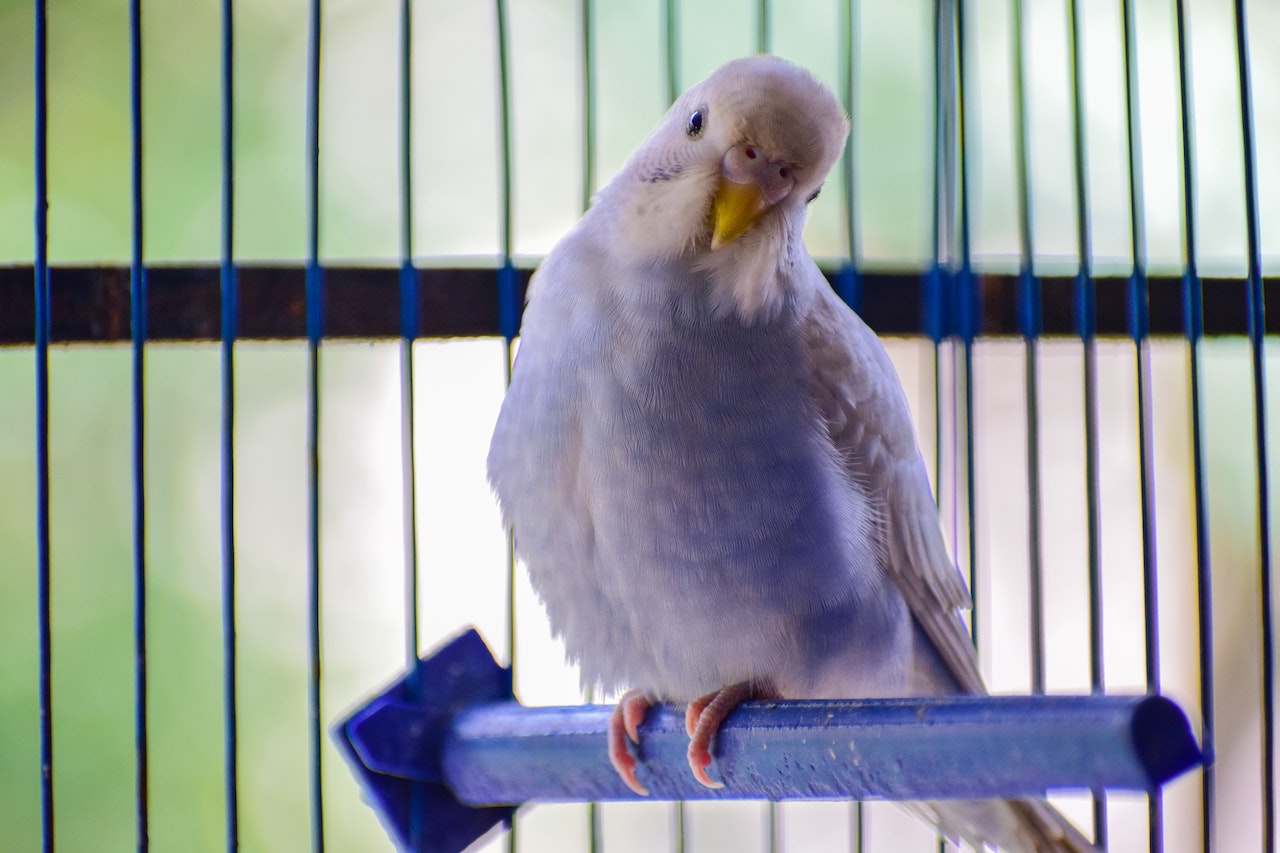When looking into bird cages, you must clearly understand what you want. It is an important decision for the health of pet birds. A lot of your bird’s day will be spent in its cage, so it should be a comfortable, safe environment in which the bird delights in spending time.
Congratulations on your new family member if you became a bird parent! Giving your bird the best care possible will guarantee its lifelong, happy life as a beloved friend. Picking a comfortable and welcoming home is the next step to take. Here are some guidelines that may help you choose among the variety of bird aviaries on the market.
How to Choose a Bird Cage
If you’re new to bird keeping and feeling overwhelmed by the seemingly endless range of bird cages offered in the marketplace, here are some essential things to remember while making your purchase:
Safety comes first
When shopping for a birdcage, security must constantly come first. Your pet bird’s safety might be affected by the materials used to develop the cage, the existence of any sharp corners or edges, the choice of materials, and the colors used.
Cages should be made from stainless steel or painted with safe paint and baked in the oven for maximum durability. We advise against using plastic-coated wire. Birds can conveniently break soft or delicate plastics and consume them. Cage cables that are welded together need to be adequately durable to prevent the bird from breaking them, and all sharp corners and cuts must be smoothed and finished to prevent injury.
Get the biggest cage possible
The most common error is picking a cage that is also tiny. If you care about the joy and wellness of your birds, you should get the biggest cage you can manage. Cages need to be at least the minimum size specified for each bird species and should be considerably larger if several birds are kept inside.
Bar spacing is crucial
It’s not simply the general size of the cage that matters for your bird’s health; the bars’ size and spacing play a significant role, too. If the spacing is too wide, the pets might get stuck or fly out of the cage; nevertheless, if it is also small, the animals might harm themselves by catching their feet, beaks, or wings. Other than that, the specific thickness matters. A thinner wire will work if you’re attempting to attract smaller birds. However, the bars must be heavier and stronger to prevent the bird’s weight from flexing or breaking them.
Maintain the health of your birds
If you care about the health of your birds, it’s important to invest in a cage that’s the appropriate size and form for them. Birds may come to be disoriented and create emotional concerns if kept in a round cage. For many birds, width is more significant than height; therefore, a rectangular cage is normally the best choice. Smaller birds like parakeets, finches, and canaries, in particular, benefit from this because they can obtain some exercise by flying back and forth in the cage.
Birdcages must be easy to clean
The birds’ hygiene should be your top priority while deciding on a cage for your feathery friends. Since birds are usually unpleasant, the bird cage should be easy to clean. Because of this, you need to select a cage where your hand can reach into each compartment. It will help if you are looking for a cage with a wide door and a removable tray.
Don’t forget this information when looking for a bird cage, and you’ll be able to relax and appreciate your feathered friends with the confidence that comes from recognizing you’ve provided a secure home.
Are you looking for some home aquarium tips? Check this article 5 Major Advantages of Having Fish Aquariums at Home




